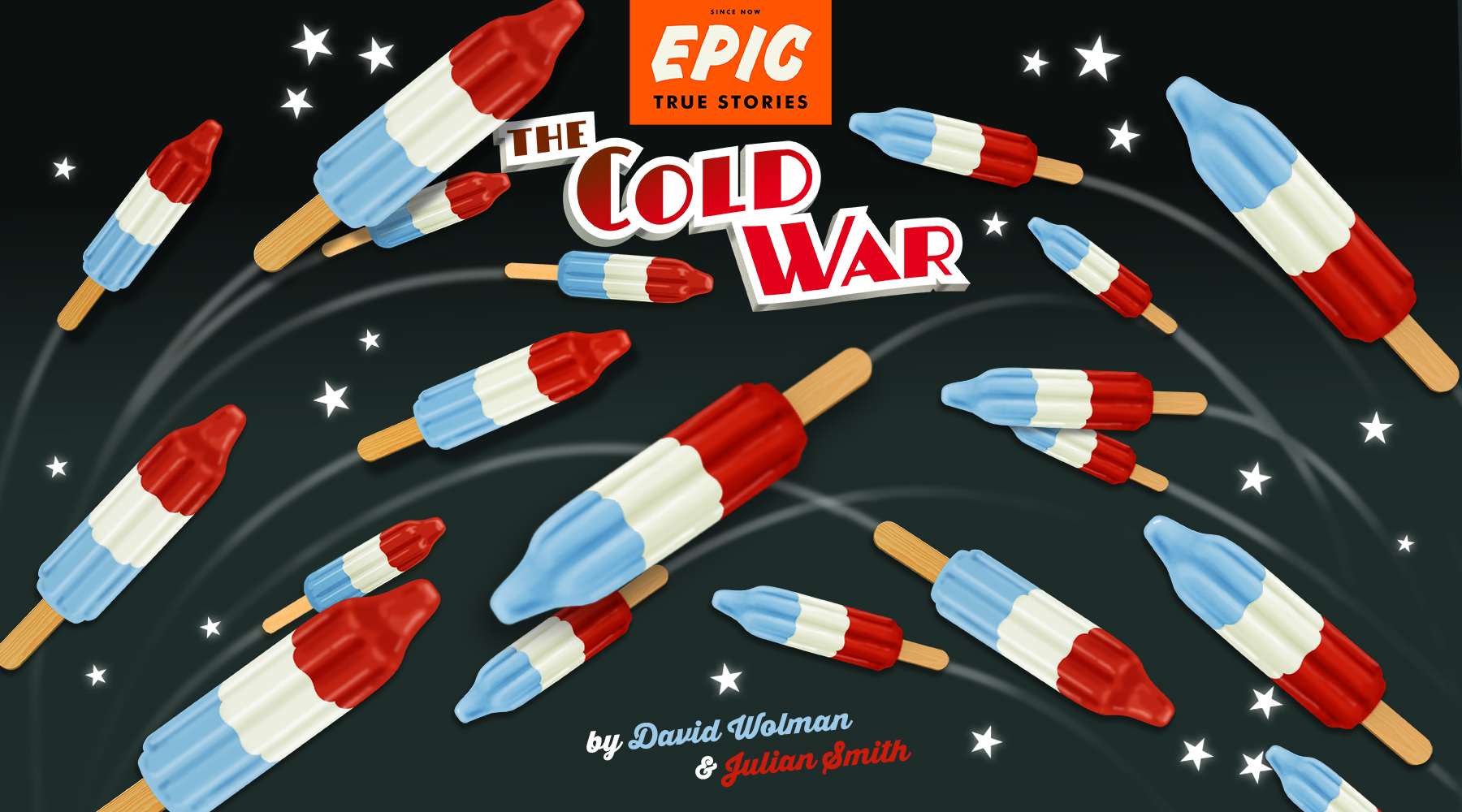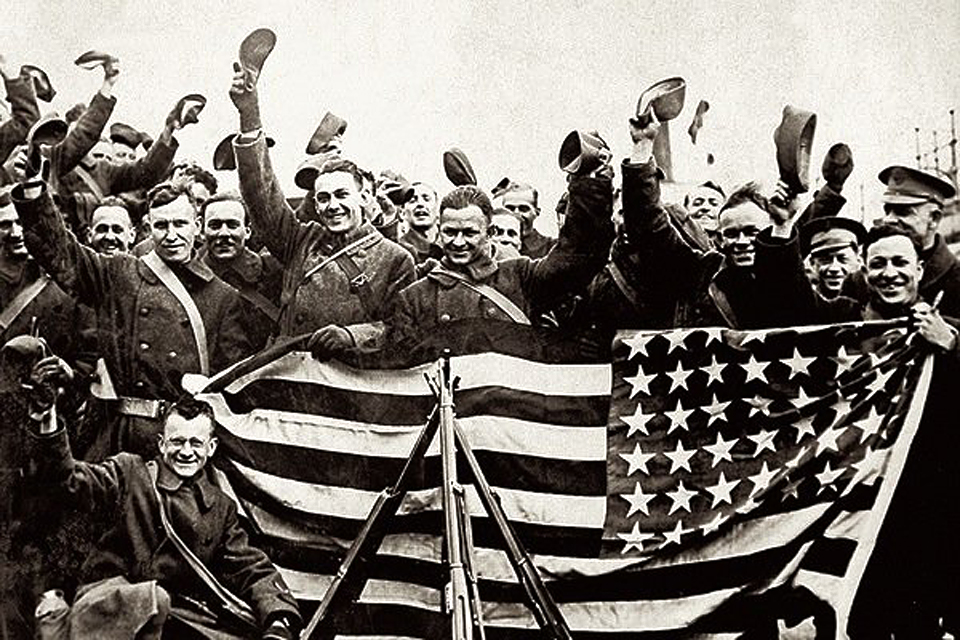
won the Cold War largely agree that American victory was guaranteed through finances. President Ronald Reagan made his famous Berlin Wall speech at the Brandenburg Gate in West Berlin June 12, 1987. What exactly led to the downfall of the Soviet Union? Was the collapse of the USSR inevitable, or did America hasten its disintegration? This scene underscores a hallmark of the Cold War's conclusion: uncertainty. "I thought you guys broke up." "Nyet! That's what we wanted you to think!" the Soviet delegate replies and laughs ominously. "Soviet Union?" asks the American delegate. A 1998 episode of the American TV show " The Simpsons" depicts a Russian delegate at the United Nations referring to his country as the Soviet Union. The end of the Cold War came so abruptly that even years later, disbelief gripped the West. When the USSR fell, the Soviet states dissolved. This collapse was preceded by revolutions in the satellite states of Poland and Czechoslovakia, as well as the fall of the Berlin Wall in Germany. The tense standoff that characterized the Cold War ended when the USSR collapsed completely in 1991, becoming a number of independent countries and the Russian Federation.

And the global psyche was plagued by anxiety over possible nuclear war.

Chilean dictator Augusto Pinochet condoned kidnapping and murder of the leftist population under an American-backed regime. In addition to the 15 member states of the USSR, there were seven Soviet satellite states in Eastern Europe where populations were repressed and subjugated by communist rule.


 0 kommentar(er)
0 kommentar(er)
